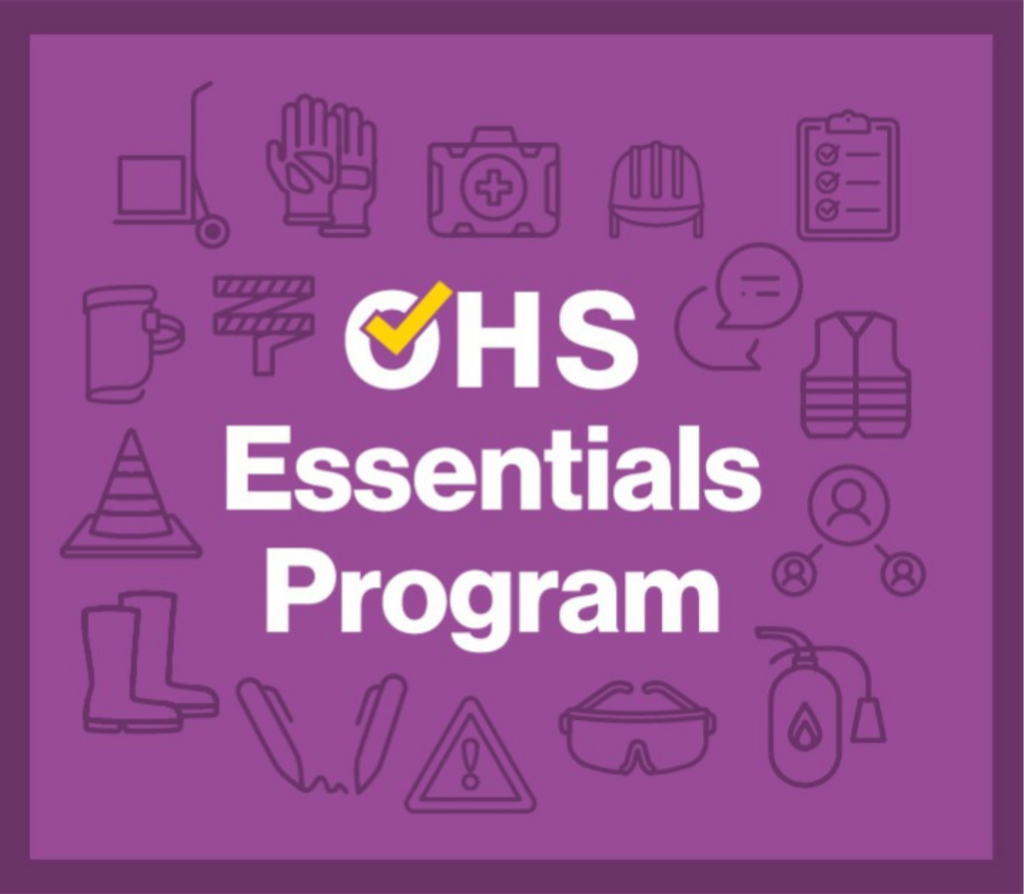This paper, released in August this year, talks about the establishment of a Training Package Assurance Body within the Department of Employment and Workplace Relations (DEWR) to assess new and/or updated training package products submitted by the newly minted Jobs and Skills Councils (JSCs).
The Training Package Assurance team is independent of the management of JSCs. The team aims to provide increased transparency, accountability, and confidence to VET sector stakeholders that training package products have been independently reviewed.
According to the relevant website, they will do this by:
- undertaking assessments of training package products against technical elements of the national standards and policy
- educating, engaging and consulting with JSCs on common issues.
The team “will take on this function for a limited time, allowing time for JSCs and Jobs and Skills Australia to become established before a final decision is made on the location of the function.”
According to the relevant factsheet, “the Training Package Assurance function will operate to drive continuous improvement in training product development and ensure high quality training products are being delivered to users of the VET system.”
The assurance process, according to DEWR’s paper involves:
- Initial development of training products by JSCs
- Public and government consultation
- Getting and incorporating feedback
- Checks by senior officials
- Finalisation and submission for assurance
- Consideration by the Assurance body
- Skills Ministers’ endorsement
It’s anticipated that this whole process should take between 10 and 20 months.
The final assurance process
The paper notes that “the assurance assessment [by the team] is undertaken in a four-stage process, with each stage having an approximate timeframe, which aims to have the end-to-end assurance process completed in 3 weeks. However, “projects with a higher complexity level may require additional time to assess.”
In reviewing things, the work is guided by the following: the Standards for Training Packages, the Training Package Products Policy (TPPP) and finally the Training Package Products Development and Endorsement Process Policy (TPPDEPP).
In order to enable consistent reporting and to minimise duplication, the submission to the assurance process will be mapped to the six Training Package Quality Principles and their associated 12 Key Features described in Section 5 of the TPPDEPP. These six principles are that Training Packages:
- Reflect identified workforce outcomes
- Support portability of skills and competencies including reflecting licensing and regulatory requirements
- Reflect national agreement about the core transferable skills and core job-specific skills required for job roles as identified by industry
- Are flexible to meet the diversity of learner and employer needs, including the capacity to adapt to changing job roles and workplaces
- Are flexible to meet the diversity of learner and employer needs, including the capacity to adapt to changing job roles and workplaces, and
- Support interpretation and implementation by RTOs and others through the use of simple, concise language and clear articulation of assessment requirements.








